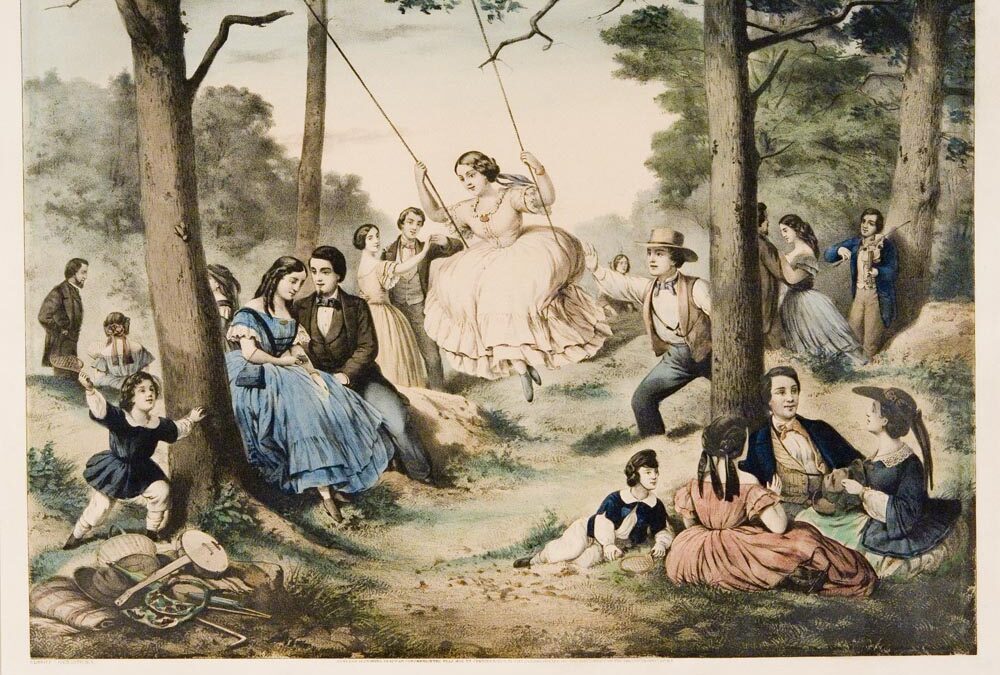 Nathaniel Currier and James Merritt Ives’ lithographs The Pic-Nic Party and The Childrens Pic-Nic are picnics without food or drink. In The Pic-Nic Party, the central figure is a woman on a swing pushed by a young man, probably her beau. Just in front of her is a...
Exalting himself as a star hunter, “un homme libre,” or free man, Courbet painted himself in the center of Le Repas de chasse. Many luncheons, repas de chasse, were already painted by Watteau, Van Loo, De Troyes, and others, but their aristocratic...
Nathaniel Currier and James Merritt Ives’ lithographs The Pic-Nic Party and The Childrens Pic-Nic are picnics without food or drink. In The Pic-Nic Party, the central figure is a woman on a swing pushed by a young man, probably her beau. Just in front of her is a...
Exalting himself as a star hunter, “un homme libre,” or free man, Courbet painted himself in the center of Le Repas de chasse. Many luncheons, repas de chasse, were already painted by Watteau, Van Loo, De Troyes, and others, but their aristocratic...
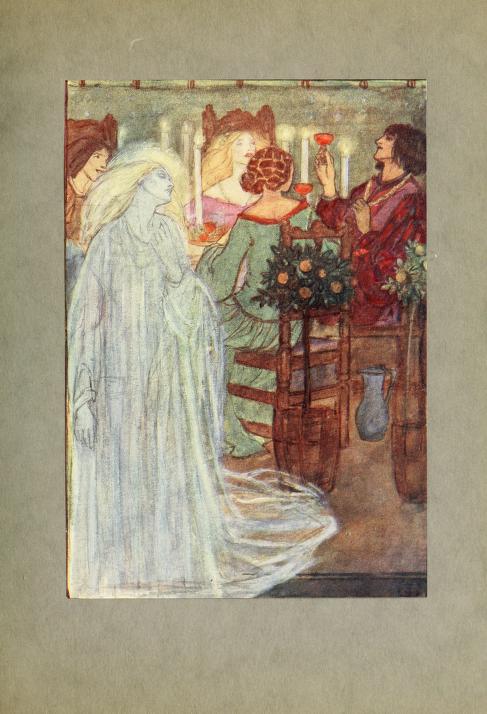 Rossetti’s “At Home” (1858) was initially titled “After the Picnic.” but when her brother Dante declared picnics frivolous and insisted on a change, Ms. Rossetti complied. It’s known Rossetti composed the poem after attending a real...
Picnicking in the Woods. Harper’s Weekly, Vol. II, September 4, 1858. Woodblock
Rossetti’s “At Home” (1858) was initially titled “After the Picnic.” but when her brother Dante declared picnics frivolous and insisted on a change, Ms. Rossetti complied. It’s known Rossetti composed the poem after attending a real...
Picnicking in the Woods. Harper’s Weekly, Vol. II, September 4, 1858. Woodblock
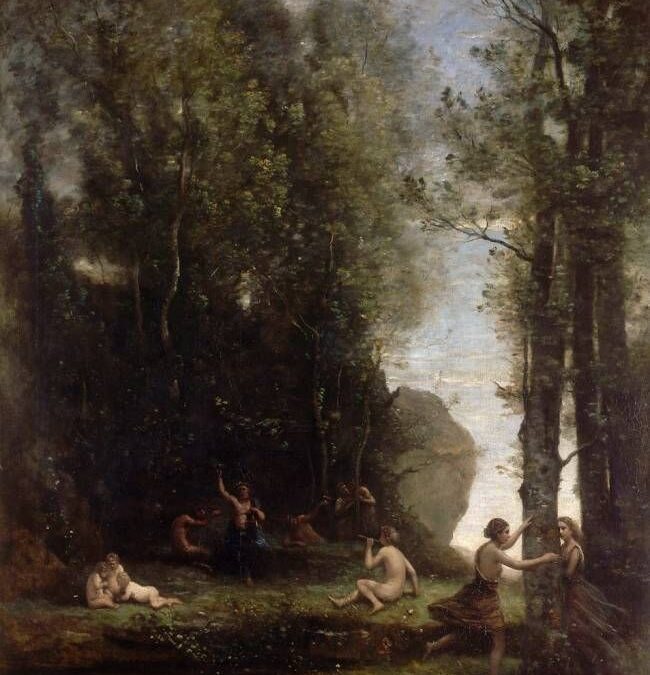 Corot’s Idylle is picnicky. Pan’s presence usually suggests some sort of sexuality or chaotic action, but the scene is a joyful but serene. Featured Image: Musée des Beaux Arts, Lille
Corot’s Idylle is picnicky. Pan’s presence usually suggests some sort of sexuality or chaotic action, but the scene is a joyful but serene. Featured Image: Musée des Beaux Arts, Lille
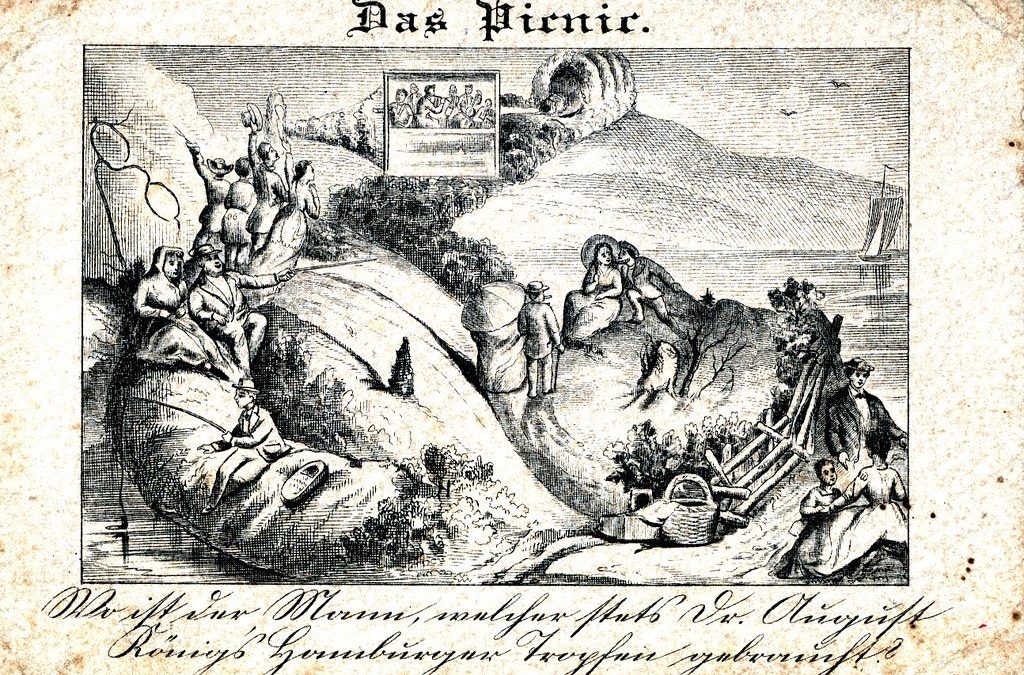 “Das Picnic” is an advertisement for Hamburger Tropfen, Dr. August König’s patent medicine, written in German by an American company in New Castle, Wisconsin. The ad’s image is a picture puzzle, and the legend is “Wo ist der Mann, welcher stets...
“Das Picnic” is an advertisement for Hamburger Tropfen, Dr. August König’s patent medicine, written in German by an American company in New Castle, Wisconsin. The ad’s image is a picture puzzle, and the legend is “Wo ist der Mann, welcher stets...
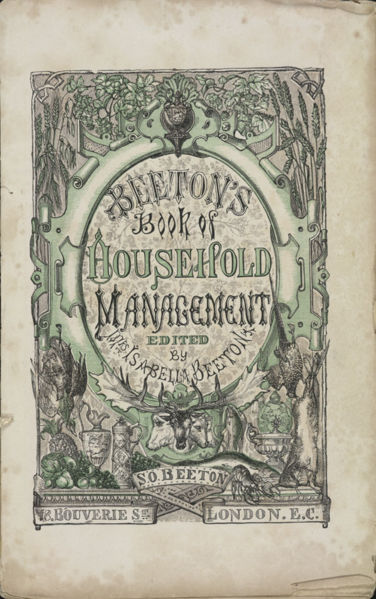 Beeton’s picnic entry appears almost as an afterthought in the last chapter of Household Management. As with other formal dinner suggestions, the picnic is not a casual affair but a staged “dinner held in the “rough.” Where Beeton situates...
Beeton’s picnic entry appears almost as an afterthought in the last chapter of Household Management. As with other formal dinner suggestions, the picnic is not a casual affair but a staged “dinner held in the “rough.” Where Beeton situates...
 Unlike Sam Weller’s “weal pies,” Mrs. Beeton’s includes a recipe for a proper veal pie.* Veal Pie Ingredients.—2 lbs. of veal cutlets, 1 or 2 slices of lean bacon or ham, pepper and salt to taste, 2 tablespoonfuls of minced savoury herbs, 2...
Unlike Sam Weller’s “weal pies,” Mrs. Beeton’s includes a recipe for a proper veal pie.* Veal Pie Ingredients.—2 lbs. of veal cutlets, 1 or 2 slices of lean bacon or ham, pepper and salt to taste, 2 tablespoonfuls of minced savoury herbs, 2...
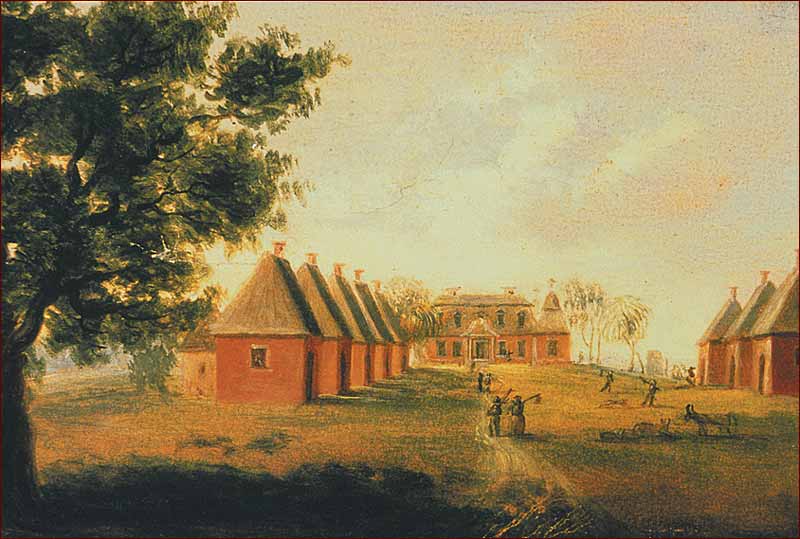 Coram’s View Of Mulberry in 1800 looks up to the rear of the house from the vantage point of “the street” because it was lined with slave quarters, of which houses are visible. Coram’s view suggests “the street” was a matter of...
Coram’s View Of Mulberry in 1800 looks up to the rear of the house from the vantage point of “the street” because it was lined with slave quarters, of which houses are visible. Coram’s view suggests “the street” was a matter of...
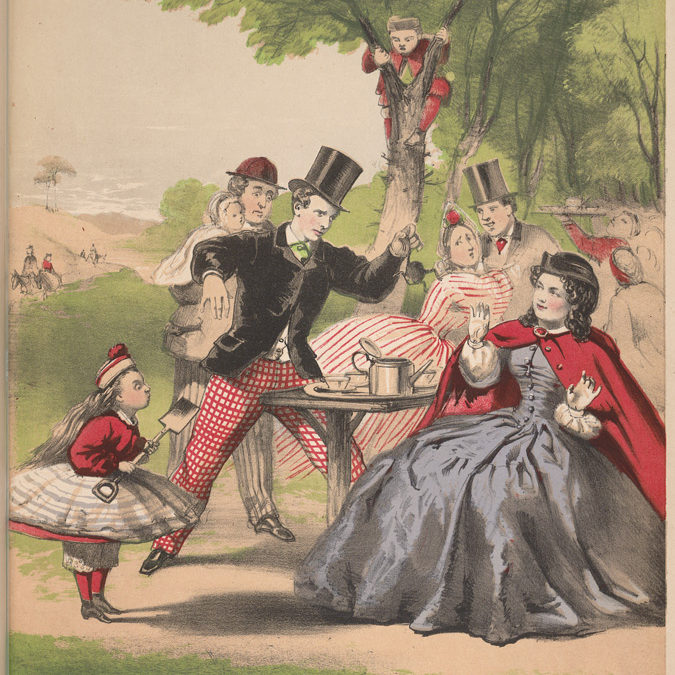 Williams’s Popular Song Hampstead Is the Place to Ruralise Hampstead Is the Place to Ruralise, All on a Summer Day (1861) is a comic hymn dedicated to the pleasures of Hampstead Heath. The euphemism “ruralizing,” like gypsying, had been in use since...
Williams’s Popular Song Hampstead Is the Place to Ruralise Hampstead Is the Place to Ruralise, All on a Summer Day (1861) is a comic hymn dedicated to the pleasures of Hampstead Heath. The euphemism “ruralizing,” like gypsying, had been in use since...









